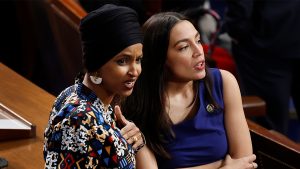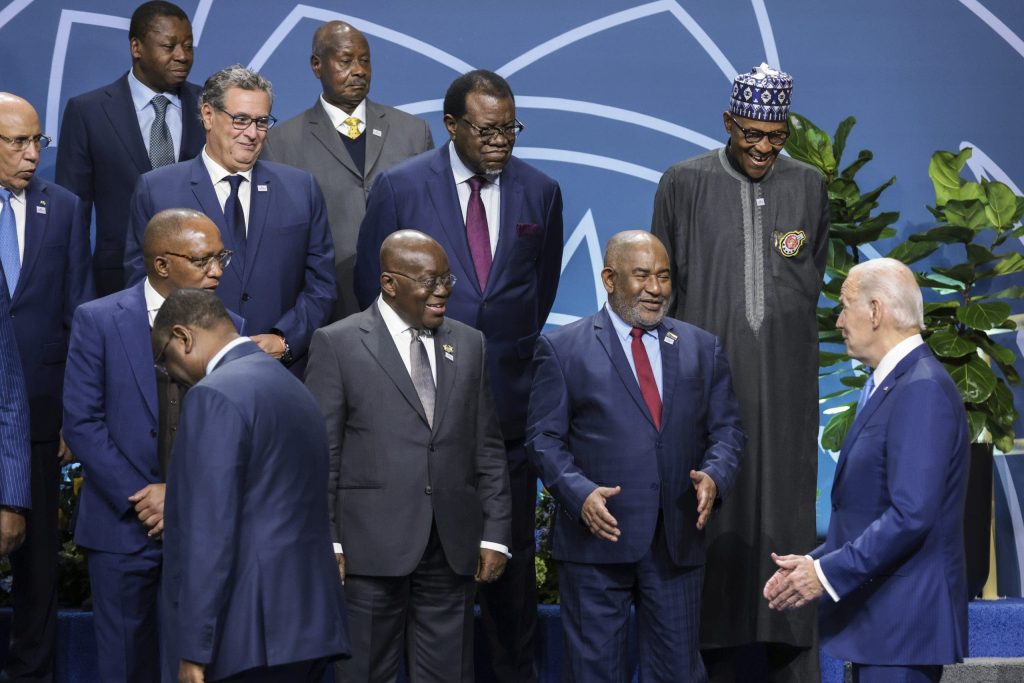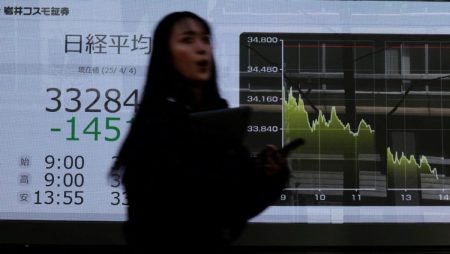President Biden’s visit to Angola marks his first trip to Africa during his presidency, signaling an intent to build a favorable legacy in U.S.-Africa relations. Yet there is skepticism regarding the effectiveness of his administration’s approach compared to past administrations, particularly as China has made substantial investments throughout the continent over the past decade. Analysts suggest that Biden’s presidency may be remembered as one that raised expectations without delivering significant outcomes, echoing sentiments that his policies have not diverged sufficiently from his predecessors. Biden’s public promises to enhance relations with Africa have seemingly clashed with a lack of tangible achievements, leading experts like Cameron Hudson to anticipate a legacy characterized by unfulfilled promises.
The Biden administration has made some notable pledges aimed at fostering relationships with African nations, particularly through initiatives around infrastructure and critical minerals. Biden’s commitment to invest $55 billion in Africa over three years, expressed during the Africa Leaders Summit in 2022, was posited as a means to counter China’s growing influence. While Dr. Frances Brown, a senior administration official, claims that the U.S. is exceeding this investment goal, many analysts remain skeptical about the actual completion and impact of these initiatives. In particular, the Lobito Rail Corridor project serves as a focal point for this visit, highlighting U.S. interests in transporting essential raw materials needed for the modern, high-tech economy, specifically in electric vehicle production.
The increasing global demand for critical raw materials (CRMs) such as cobalt and lithium presents a challenging landscape for the U.S. This demand is crucial for Biden’s environmental and energy strategies, yet much of these resources are already dominated by China. Analysts like Dr. E.D. Wala Chabala emphasize that China has positioned itself advantageously, having established control over the supply chains necessary for the production of CRMs. Furthermore, the Chinese involvement extends to significant ownership stakes in cobalt mines within the Democratic Republic of the Congo (DRC), which produces the majority of the world’s cobalt. Thus, the U.S. faces daunting competition for these resources, raising questions about the viability of the proposed Lobito Corridor compared to existing and upcoming initiatives led by China.
China’s extensive investment in Africa has led some experts to believe that U.S. endeavors may be arriving too late. The country has not only established critical supply chains but also has plans to enhance infrastructure, such as upgrading the TAZARA railway line, which could efficiently connect Zambia to the Indian Ocean. Additionally, the shorter transport route between Lubumbashi and Dar es Salaam may outcompete the Lobito Corridor, posing further challenges for Biden’s plans. The asymmetric distribution of influence indicates that while the U.S. seeks to reclaim relevance in Africa, it must contend with a well-entrenched Chinese presence that has embedded itself deeply into the continent’s mining and infrastructure sectors.
Despite these challenges, some analysts argue that the U.S. still has options, particularly because there is a growing desire among African nations for diversified partnerships. Hudson points to Africans’ increasing awareness of China’s dominant role, leading to a readiness for the U.S. and other countries to present competitive offers. In shifting the narrative from “aid” to mutually beneficial “trade”, the U.S. could strengthen its standing in the region. Hudson emphasizes that projects like the Lobito Corridor can serve as proof of U.S. commitment and capability in undertaking large-scale commercial infrastructure investments, akin to China’s longstanding activities on the continent.
However, to truly secure a foothold in Africa, future U.S. strategies need to address the realities on the ground while respecting the autonomy of African nations. Van Staden notes that while Chinese mining companies dominate certain aspects of resource extraction, there remains substantial space for diverse engagement across various sectors, provided it aligns with African interests. Analysts like Chabala advocate for a long-term strategy focusing on building robust economies in Africa, not merely as a counterweight to Chinese influence but also to create sustainable industries that serve both local needs and global economic interests. Ultimately, future administrations must acknowledge African nations as equal partners, shaping their engagement strategies to reflect this recognition rather than enforcing dependence or unilateral objectives.










